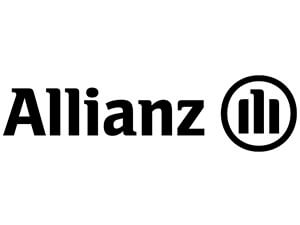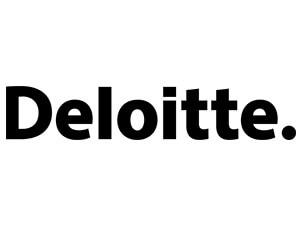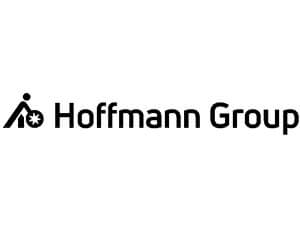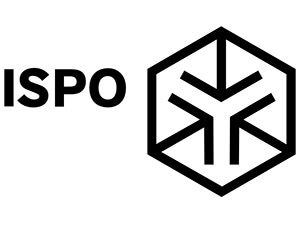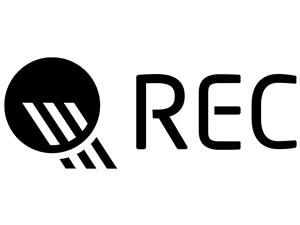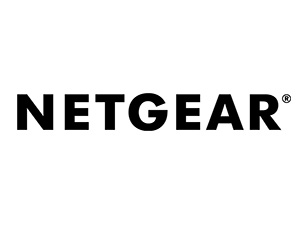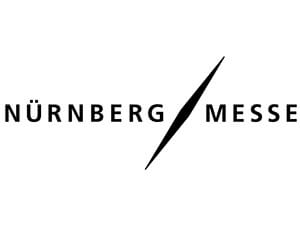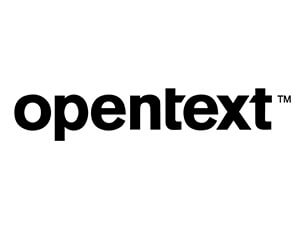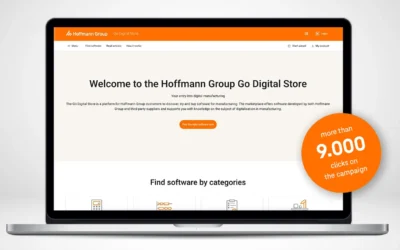Your CMS agency for smart platforms
High-performance content management systems – from UX to launch for sophisticated B2B brands
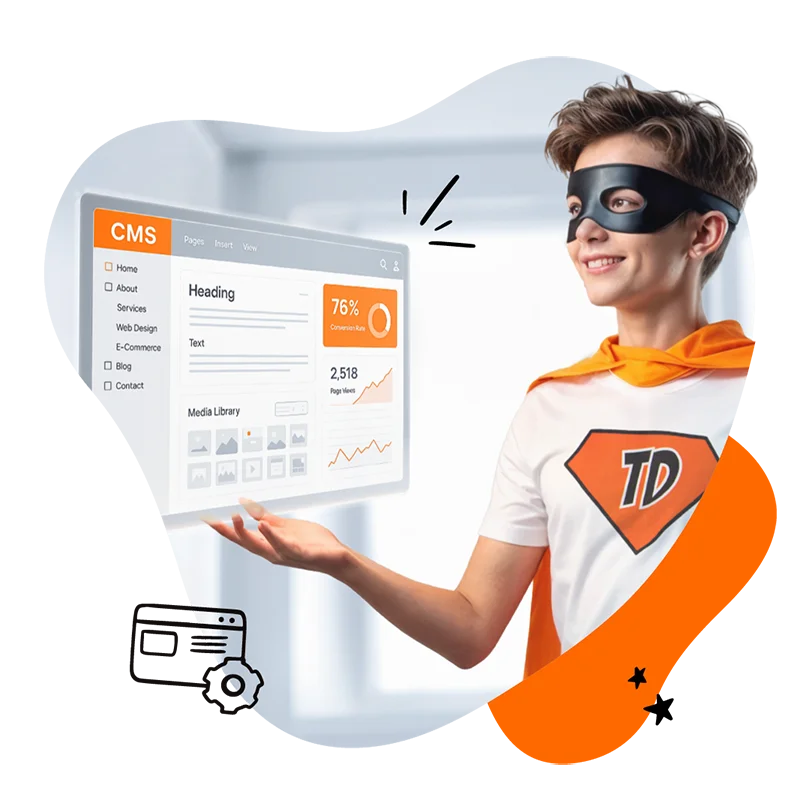

Responsible for a CMS – but without a real solution?
You are expected to deliver a CMS that is scalable, user-centric, SEO-ready, and compatible with the entire corporation. And preferably right away. Unfortunately, there are a few obstacles to overcome:
- Fragmented systems: You manage a heterogeneous landscape – and waste time on coordination.
- UX secondary: user-centered design? Often rationalized away.
- Marketing integration is missing: No real SEO, no content flexibility.
- Rigid processes: agility remains wishful thinking.
- Reporting stress: You’re supposed to deliver – but you’re struggling with outdated technology.
Why many CMS projects fail – before they even start
Most CMS projects start with technical goals – and forget the people. This leads to systems that are complicated, perform poorly or are simply not used.
- UX is added later instead of being integrated – you can feel it everywhere. Instead of intuitive use, there is frustration for both editors and users.
- Decisions are made based on gut feeling – without clear KPIs, there is no direction, optimization becomes a guessing game.
- Isolated solutions without a strategy: systems grow uncontrollably, processes are fragmented and difficult to scale.
- Developers like to think in terms of features – but not always in terms of user experience or SEO performance. The result: technically correct, strategically ineffective.

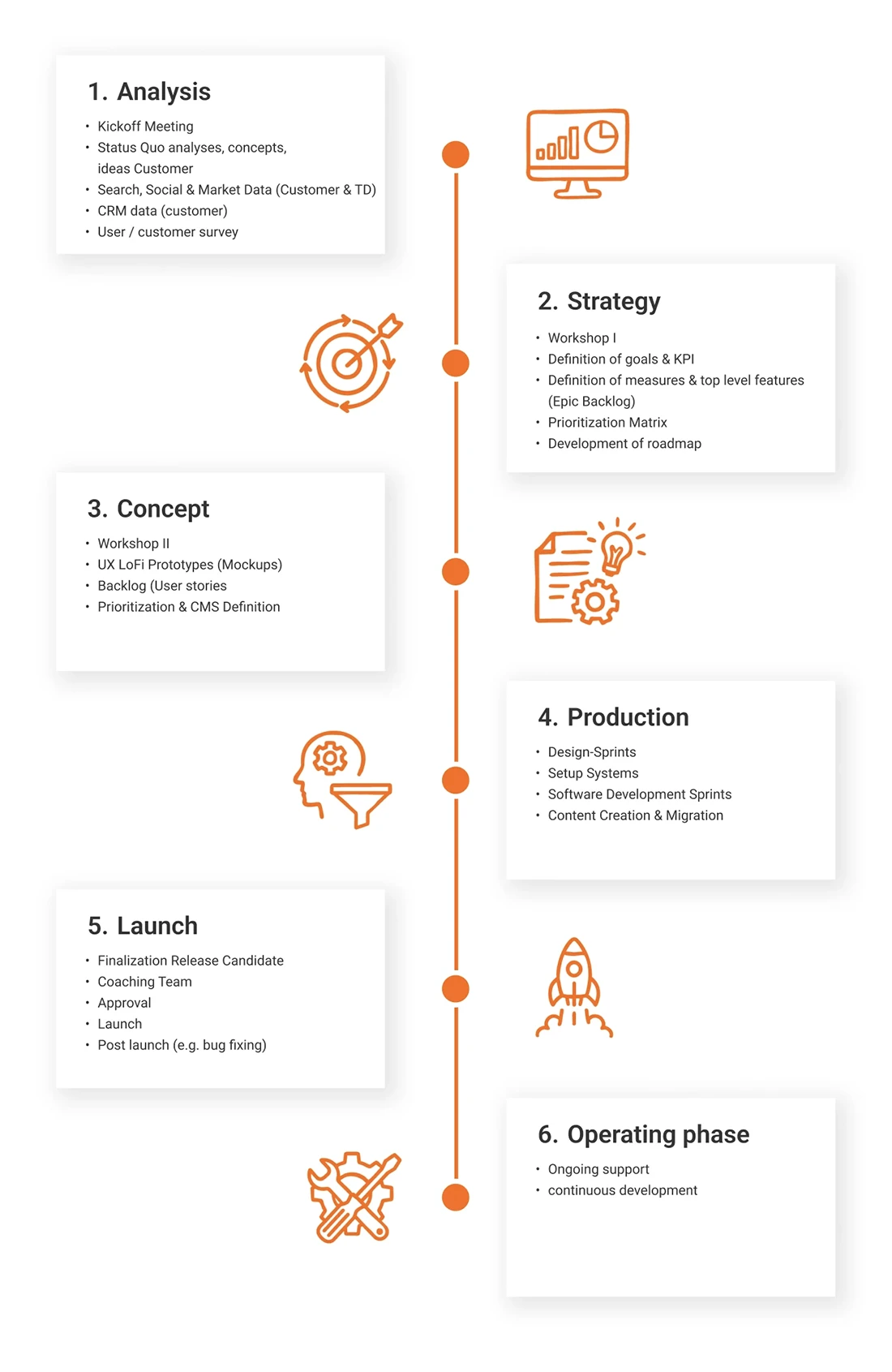
Our CMS process: strategic. iterative. efficient.
We have developed a CMS process that works in practice – not just in theory. And it is precisely tailored to the requirements of decision-makers like you.
Whether it’s a faltering relaunch, an old structure that has grown or a system that causes headaches – we also get involved in ongoing projects. Our focus: optimization, stability and measurable performance.
Our USP modules at a glance:
- UX-first
User-centered from the outset: prototypes are based on real data and validated user tests. - SEO-ready
The technical structure, content strategy and performance are designed for visibility from the outset. - Agile & transparent
Iterative sprints with regular reviews, clear KPIs and complete project transparency. - CMS-neutral
Whether Adobe, Coremedia, Drupal, or WordPress; whether headless or monolithic – we work independently and are open to all technologies. - Get in anytime
We also take on existing projects – with structure, strategy and an eye on the big picture.
That’s what our customer says
“We have been working very well with The Digitale for a long time and this time, too, everything ran like a well-oiled machine. I give them 5 out of 5 stars! Everything was super-structured, the timeframe and budget were met, all goals were achieved – high praise. And we’ve already received positive feedback from our customers.”
Our most successful CMS projects
Cloud Explorer – The platform for digital SMEs
How can digital transformation be made understandable, accessible, and truly useful for SMEs?
Hoffmann Group – Digitalization in the tool market
How to address a specific customer segment in a less digitized market where Hoffmann offers a solution to digitize the manufacturing industry?
ISPO.com
How do you transform a classic trade fair, whose original business purpose is the marketing of stand space, into a digital B2B2C key medium?
Munich fair
Efficiently addressing customers digitally and winning them over to their own products and services: this is the challenge facing Messe München.
Schöffel Blog
THE DIGITALE’s content strategy helps the 200-year-old family business to reflect this in a contemporary way and on modern channels, thus reaching a younger target group.
Allianz
Allianz Deutschland AG relies on a newsroom concept in its corporate communications. The most important digital instrument is the jointly developed website.
Refugees
The movement of refugees to Europe presents many people with great challenges – above all the refugees themselves.
Our methodology: follow the user, not the system
A CMS can only work properly if it serves people – not the other way around. That’s why we develop web technologies based on data and real user needs. We combine UX research with mental models, develop clickable prototypes, test them iteratively and implement them in an agile design and development process. We think SEO from the very beginning – from page architecture to on-page optimization. Whether modular support or full service – we adapt to your setup. End-to-end or selective, agile and measurable.Our services for your CMS project
- Strategy & Concept
- UX & Prototyping
- Design & Development
- Content & Migration
- Operation & Further Development
Whether you need modular support or full service, we adapt to your setup. End-to-end or selective, agile and measurable. Together, we create a CMS that not only works technically, but also has a strategic impact – and is tailored to your requirements.
Your CMS project. Our shared success.
Other Services
Analytics & BI
Efficient analyses and a transparent presentation of the relevant data are crucial for the success of digital marketing projects and campaigns.
Strategy & Conception
With proper data, innovative tools, agile methods and our experienced team we create concepts that make success not only plannable but also measurable.
Content & Editorial
Our editorial team of experienced journalists knows how to tell stories and draws on our high SEO and marketing expertise when creating content.
Design, UX, Conversion
Through our data-based approach we create a user experience that helps you to achieve your goals more efficiently and easily.
Development & CMS
Your technology should not dictate your strategy. We can help you analyze and optimize your existing technology.
Marketing & Promotion
We are not just interested in clicks, but in relevant traffic. That’s why we have developed our own growth hacking strategies that give your content extremely high reach.
Häufig gestellte Fragen (FAQ)
Which CMS system is suitable for complex B2B projects?
That depends heavily on requirements such as scalability, depth of integration, and editorial processes. In many B2B cases, TYPO3, Sitecore, or headless systems such as Contentful or Storyblok are used. It is important that the CMS fits the setup, the teams, and the target groups—not the other way around.
How can a CMS project be strategically embedded in corporate goals?
A CMS project should not be purely an IT project, but should be closely linked to brand management, lead generation, and customer experience. This requires a clear target architecture, prioritization of relevant KPIs, and the involvement of marketing, communication, and sales.
What are the advantages of a CMS solution with headless architecture?
Headless CMSs are particularly flexible in terms of front-end development, omnichannel delivery, and performance. They are suitable for companies with complex requirements and multiple touchpoints. The big advantage is that content can be used independently of the system and is easily scalable.
How can a relaunch be anchored internally as a change project?
A relaunch often changes more than just the system—it affects processes, responsibilities, and workflows. That’s why it’s important to involve internal stakeholders early on, define clear roles, and create transparency about goals, benefits, and processes.
What role do personas and user needs play in CMS design?
They form the basis for structure, content, and UX. If you don’t understand the needs of your target groups, you won’t be able to develop what they need. That’s why we incorporate personas, use cases, and mental models directly into the architecture and prototyping.
When does it really make sense to change your CMS?
A change should not be an end in itself. But if the current system is blocking strategic goals, reaching its technical limits, or causing users to fail regularly, then the time has come. It is important to conduct a thorough analysis in advance.
What does a typical CMS project look like?
Our projects run in sprints: analysis & strategy, UX & prototyping, technical implementation, content migration, and go-live. Depending on requirements, modules such as SEO optimization or testing are added. Transparent reviews and a clear project plan ensure progress.
How long does a complete relaunch take?
That depends on the scope. Small CMS projects take 3–4 months, while large enterprise relaunches including strategy, migration, and testing take 6–12 months. An agile structure is crucial—so that initial results are visible early on.
What roles are needed in the project team?
Typical roles include: project management, UX/UI design, SEO, development, editing, testing (if necessary), and data management. On the customer side, a product owner and stakeholders from marketing, IT, and, if necessary, legal are ideally needed. Clear roles prevent friction losses.
What does a CMS-neutral approach mean—and what are the benefits?
CMS-neutral means that we provide consulting and development services independently of the system. Instead of tying ourselves to specific tools, we focus on the requirements and users—and then work together to select the right system. This ensures flexibility and future-proofing.
Which CMS systems does The Digitale support?
We work with popular open-source and enterprise systems such as Adobe Experience Manager, Coremedia, Contentful, Drupal, Storyblok, Sitecore, and, of course, WordPress. The choice depends on your goals, processes, and technical requirements.
How does the collaboration between internal IT and external agencies work?
Ideally, as a partnership between equals. We take care of the web strategy and UX, involve IT early on, and document everything clearly. Depending on the setup, we can also run hybrid models with shared development work and joint DevOps.
How much does a professional CMS project cost?
That varies greatly: small projects start at around €30,000, while extensive enterprise relaunches can require six-figure budgets. More important than the price is the benefit—because a good CMS saves resources, effort, and frustration in the long term.
Can an ongoing CMS project be saved or optimized?
Yes—often even better than expected. We get involved in ongoing projects, analyze the setup, goals, and processes, and develop a clearly prioritized optimization concept. This allows us to correct stagnation and undesirable developments in a targeted manner.
How can old content be transferred to a new system?
With a clean migration concept. Content is analyzed, consolidated, structured, and—where appropriate—transferred automatically. In doing so, we pay attention to SEO relevance, media assets, internal linking, and content governance.
Why do many CMS projects not work as planned?
Often, there is a lack of strategic integration or user understanding. Processes are thought of in overly technical terms, and UX and content are neglected. Another problem is unclear role distribution and a lack of communication between IT, marketing, and the agency.
How can UX, SEO, and content be efficiently combined?
By not thinking of them separately. At our company, UX, editorial, and SEO experts work together from the very first sprint. Structure, content, and technical optimization are developed in parallel – resulting in content that convinces users AND Google.
What to do when internal stakeholders have different requirements?
That’s normal. What’s important is a clear kickoff process with clear goals, role distribution, and decision-making clarity. Our experience: Transparent prioritization and user-centered thinking help resolve conflicts – and keep the project on track.
How can the success of a CMS project be measured – even in the long term?
With defined KPIs: loading times, visibility, conversion, editorial efficiency, or user feedback. We integrate dashboards and analyses directly into the project process – so that success can be measured and continuously optimized.

